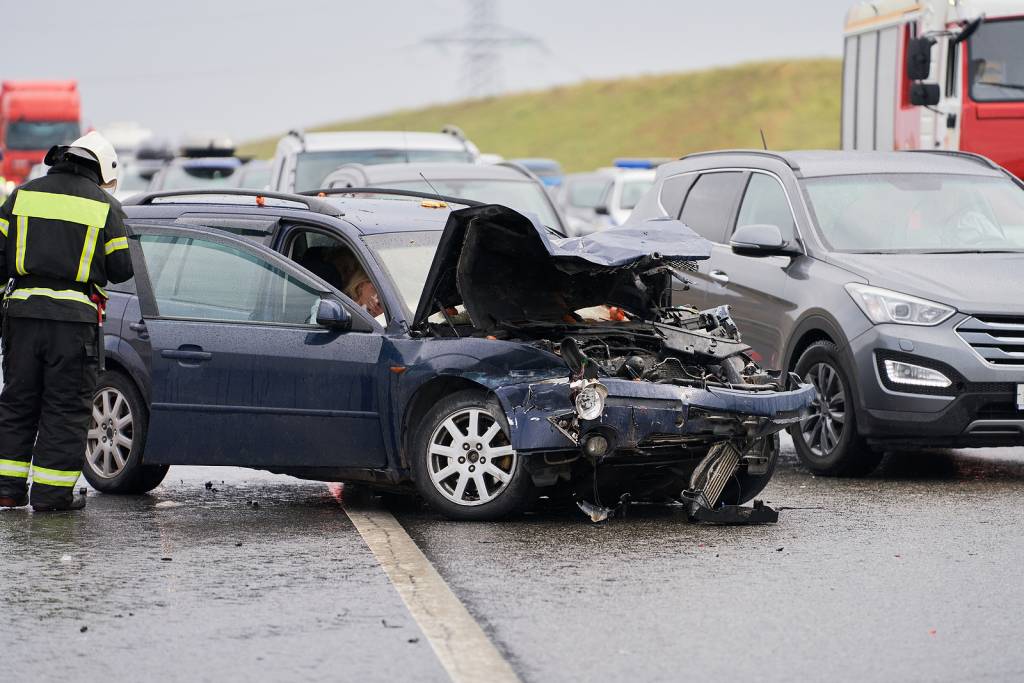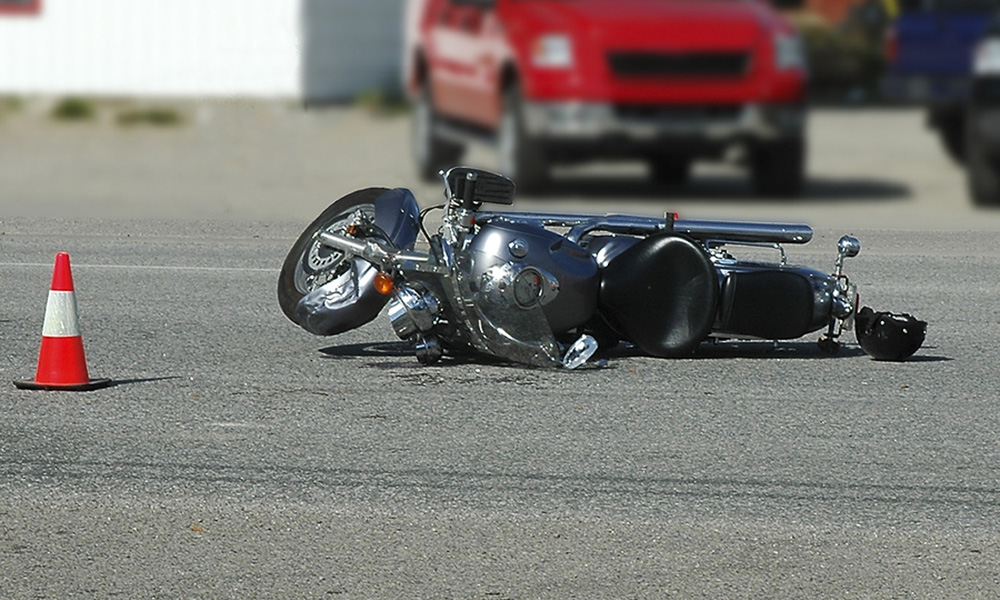If You’re Injured By Someone Else’s Negligence, What is Your Recourse?
When someone else is negligent in Southern California, and that negligence causes you to be injured, let a Pasadena personal injury attorney provide you with honest, objective advice and legal insights based on years of experience.
Think about it. When people are injured, it’s almost always due to carelessness. Whether it’s a traffic injury, a slip-and-fall injury, or a swimming pool or dog bite injury, the key legal questions are “Who was at fault?” and “Can you prove it?”
If you can’t take legal action, or if you don’t need to, a personal injury attorney will tell you upfront. If you have a legitimate personal injury claim – but can’t prove it – an injury lawyer will explain why going to court won’t help you.
Even if you have a genuine injury claim and you can prove it, you still must weigh the costs and benefits of taking legal action. If you file an injury lawsuit, your Pasadena personal injury lawyer will take steps to win the justice and recover the monetary compensation you need.
How is Negligence Legally Determined?
The basic rule is that the person at fault for an injury should pay the injured person’s damages. If both were partly at fault, the more negligent person should pay at least part of the other person’s damages.
The legal principle governing personal injury cases in California is pure comparative negligence. If both parties share the fault for an accident, injury victims may recover at least some of their damages – even if they were 99 percent at fault for the accident. Additionally:
1. If an injury victim was in a restricted area, trespassing, or in a location where the kind of activity that caused the accident and injury could be reasonably expected, the property owner may not be liable for the victim’s damages.
2. If a victim is injured while using a defective consumer product, retailers and distributors of the product – as well as the item’s manufacturers – may be partially liable.
3. When a victim is injured on private property because the property owner has maintained the property negligently, the owner may be liable for an accident and injury on the property even if the owner did not directly create the hazard that caused the accident.
4. If a negligent party injures someone while working for a third-party employer, the employer may have partial liability. In traffic injury cases, someone who loaned a vehicle to a motorist who caused an accident may have partial liability.
What Are the Elements of a Personal Injury Claim?
If you’ve been injured in Southern California because a driver, product manufacturer, property owner, or healthcare professional was negligent, you have a personal injury claim. From the start of any personal injury case, you should be represented by a Pasadena personal injury attorney.
To succeed with a personal injury claim and demonstrate that a defendant (the allegedly negligent party) was in fact negligent, the injury victim (that is, the plaintiff) and his or her Pasadena personal injury lawyer must prove that the four following conditions existed:
1. The defendant legally owed the plaintiff a duty of care.
2. The defendant negligently breached his or her duty to the plaintiff.
3. The cause of the plaintiff’s injury or injuries was the defendant’s negligence.
4. The defendant should pay the plaintiff a specific amount based on the damages.
How is the “Duty Of Care” Determined and Defined?
The first step in proving negligence in an injury case is deciding if a duty of care was in fact owed by the defendant to the plaintiff. The level of care owed differs in different situations. Doctors, for instance, owe patients a duty to provide adequate, competent medical care.
A driver owes other drivers, passengers, and pedestrians a duty to drive soberly and safely with awareness and caution. Manufacturers of consumer products owe consumers protection from defective items. Property owners owe it to others to maintain their premises with safety in mind.
How are Breaches of the Duty of Care Determined and Defined?
The next step in proving negligence in a personal injury case is determining if the duty of care was breached due to the defendant acting (or failing to act) as a reasonable, average person would have acted in a comparable circumstance.
A defendant may be deemed liable for a plaintiff’s injury if an average person in a comparable situation would have behaved differently and without breaching the duty of care.
How is Causation Determined and Defined?
The third step in proving negligence in a personal injury case is demonstrating that the breach of the duty of care was the actual, direct cause of the accident and the plaintiff’s injury or injuries.
For instance, if you slipped and fell because someone spilled milk in a grocery store, the management may have been negligent, but if you walked away unharmed, you do not have an injury claim.
What’s “reasonable” is a key principle of personal injury law. A property owner, for instance, can’t reasonably be expected to fix instantly every possible hazardous condition that arises.
For example, in a grocery store, spilled milk that isn’t mopped up after ten minutes probably makes the management negligent, but you can’t reasonably expect a floor to be mopped after only sixty or ninety seconds.
How Are “Damages” Determined and Defined?
The last step in personal injury cases is determining damages. Victims are entitled by California law to full compensation for medical bills and lost wages. Victims are additionally entitled, in many cases, to compensation for personal suffering and pain arising from the accident and injury.
Although it’s more difficult to place a dollar amount on non-monetary damages, courts and personal injury attorneys use widely-accepted formulas to calculate dollar amounts that are just and fair.
What Compensation Can Personal Injury Victims Recover?
The compensation awarded to a personal injury victim in California may include:
1. Compensation for medical expenses: If your claim prevails, in most cases, you will be compensated for past, pending, and projected future medical expenses.
2. Reimbursement for lost wages: If you lost wages, you’re entitled to compensation for those wages. You can also be compensated for projected future wages you would have earned if you had not been injured.
3. Compensation for disfigurement or disability: If you suffer permanent disfigurement or permanent disability, you may recover additional compensation.
4. Reimbursement for property damage: If your property was damaged or destroyed by the defendant’s negligence, you may be reimbursed for the fair market value of the damaged or destroyed item or items.
5. Compensation for emotional distress: Emotional distress includes sleeplessness, anxiety, and/or depression resulting from your accident and injury. Compensation for emotional distress is difficult to prove and is not awarded in every personal injury case.
6. Punitive damages: Punitive damages are ordered only to punish a defendant’s egregious or intentional behavior. California plaintiffs may recover punitive damages only when persuasive evidence proves that a defendant is guilty of intentional malice or fraud.
Take Your Personal Injury Case to Thon Beck Vanni Callahan & Powell
Thon Beck Vanni Callahan & Powell has recovered millions for injured negligence victims in California. Your first legal consultation is provided without cost, and you pay no lawyer’s fee to Thon Beck Vanni Callahan & Powell until and unless we recover your compensation.
If you’ve been injured by someone else’s negligence, or if you are injured by negligence in the future, get in touch with Thon Beck Vanni Callahan & Powell at once by calling 626-208-9906, and one of our award-winning personal injury attorneys will fight for the justice you deserve.






